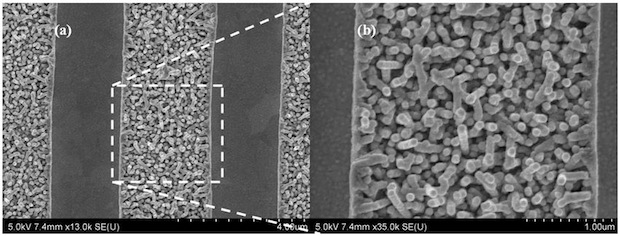Anyone with a power connection in India would surely have not missed the IPL tamasha over the last week. While i like Tharoor, i cannot condone such self serving Kleptocracy.
I am sure that the average alert netizen is in possession of the major facts. How there is crony capitalism, hidden stakes, match fixing, etc in the IPL, BCCI etc. However i have but one question
1) After all this crap, why is the BCCI, which according to Wikipedia is
" The Board of Control for Cricket in India, or BCCI, is the apex governing body for cricket in India, headquartered at Mumbai. The board was formed in December 1928 as the national governing body for all cricket in India. BCCI replaced Calcutta Cricket Club. It is a society, registered under the Tamil Nadu Societies Registration Act. The BCCI often uses government-owned stadiums across the country at a nominal annual rent. It is a private club consortium. Basically to become a member of a state-level association, you need to be introduced by another member and also pay an annual fee. The state-level clubs select their representatives (secretaries) who in turn select the BCCI officials. BCCI are not required to make their balance sheets public. In the past, tax exemptions were granted to BCCI on the grounds as promoting cricket was a charitable activity but since 3 year due to IPL that stand has come into question. [1]
As a member of the International Cricket Council (ICC), it has the authority to select players, umpires and officials to participate in international events and exercises total control over them. Without its recognition, no competitive cricket involving BCCI-contracted Indian players can be hosted within or outside the country."
Given a monopoly on cricket in India ? Why is the stewardship of a "gentelman's game" vested with such an obviously corrupt body ? I can understand what the ICC wants, beggar britons dont have much choice but to fellate choice sub-continental meat, starting with Dalmia who actually gave modi the ideas he seems to pioneer today. Why is the Republic of india that is represented by an unambiguous constitution putting up with the national team being run by a "private body, registered as a society in T.N" without anyone questioning this franchise. Why on earth would a stricken union minister want to be pres of the BCCI and the minister of agriculture ? Altruism ? Especially when his daughter and in-laws seem to have multi crore stakes in the IPL :)
Cut the bull shit .. Why is cricket the monopoly of BCCI which is not a body accountable to the CAG ? Why was the ICL hounded out ? Why cant we have 2 or 3 or 100 leagues that compete on a transparent rating system ? Why are the players quiet ? Why has no government including the current opposition never had a problem with this ? Why does an NCP minister forward stolen commercial intelligence to someone who in theory is an opponent? Well my friends the ruling classes have figured out how our constitution can be circumvented in the pursuit of power. Nothing new in this, just a stupid population that is so ready to be seduced, that its child's play for the old feudal class.
While the government of the day and their predecessors seemed to agree that competition is good for the consumer, why the consensus on keeping the de facto national game in "private and unaccountable " hands ? As they say in the past " follow the money". But with the apathy that i know exists, what the hell!!!

